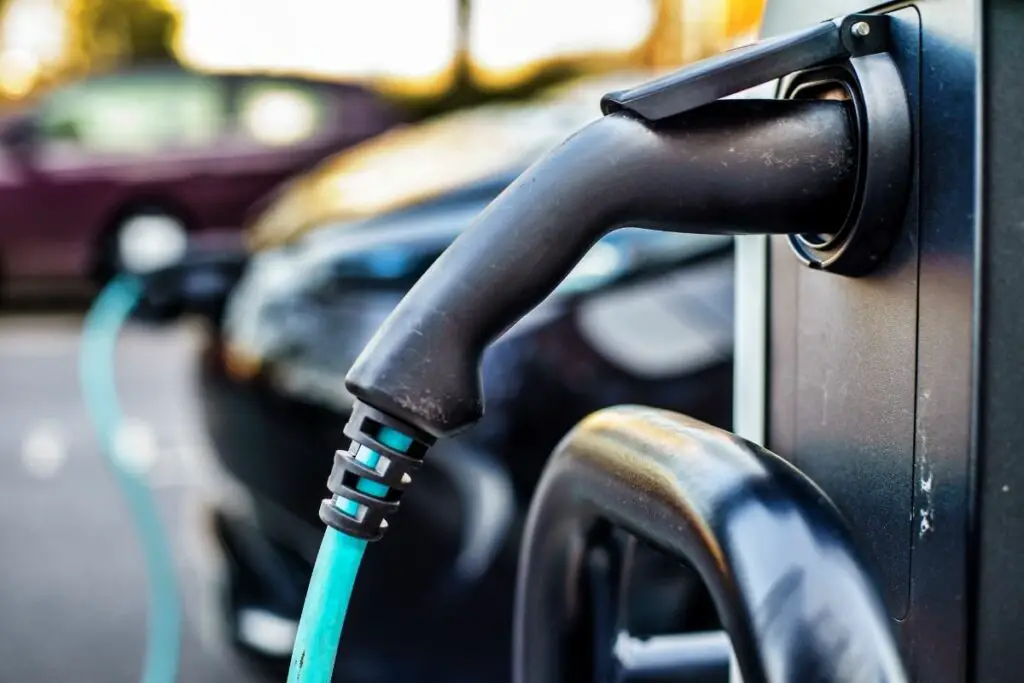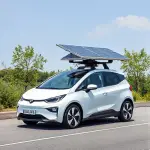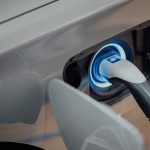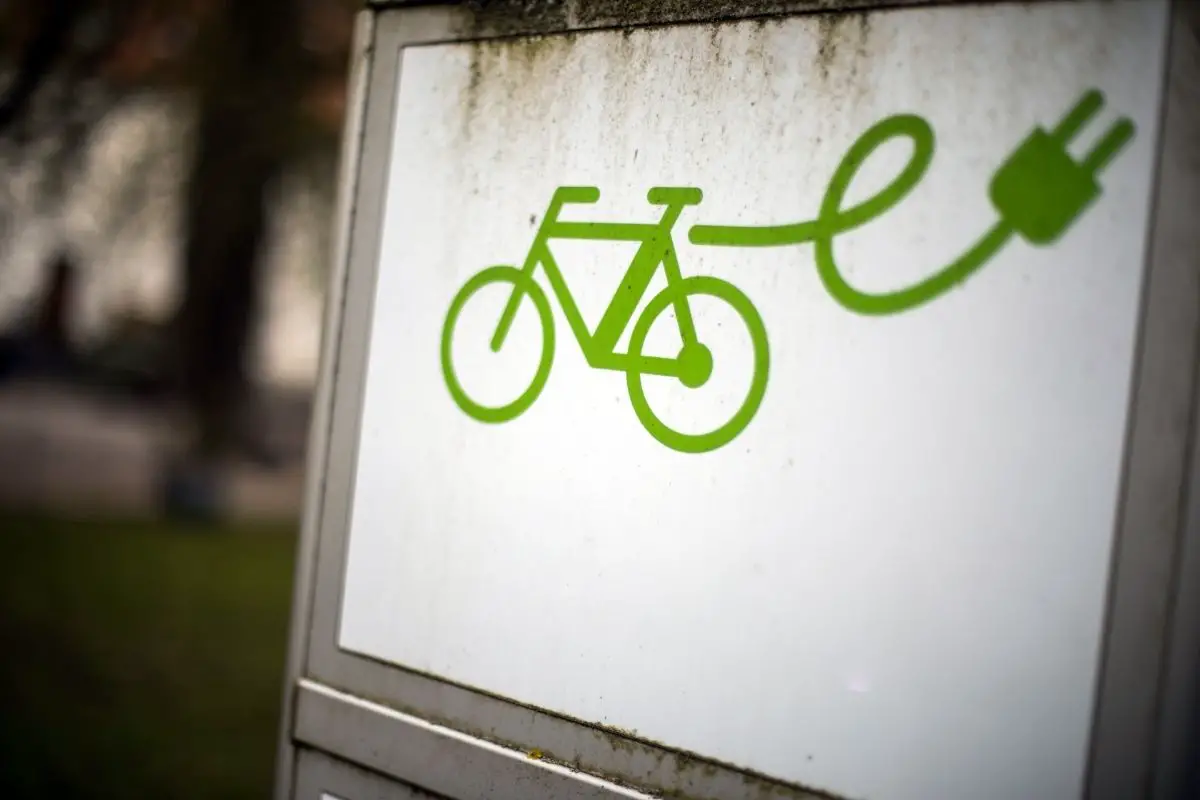Last Updated on March 18, 2022 by
Electric cars are becoming more common, especially since they don’t emit harmful emissions. They also offer better fuel efficiency than gas-powered vehicles. The problem is, most homes don’t have the right outlet to accommodate frequent charging of EVs.
Today we are going to be looking at whether or not you can charge your electric car into a domestic socket within your home. We will also consider why this might not be the best idea.

Can You Charge An Electric Car From A 13-Amp Socket?
The short answer is yes, you can charge your electric car from a 13-amp socket located within your home. All EVs should come with a charging cable that you can fit into your 3-pin sockets at home for this very use. This cable is called a granny charger.
However, bear in mind that this is not the optimal way to charge your EV and should only be used in emergencies. The granny cable is used for infrequent uses when you don’t have any other choice because the alternatives are much more effective and safe.
How Long Does it Take to Charge an Electric Car from a 13amp Socket?
Most electric vehicle manufacturers will cap their granny chargers from drawing any more than 10 amps when charging an EV. This is the equivalent to around 2.3 kWh.
To compare that to a standard 32-amp EV charger, the latter will draw around 7 kWh to charge your car with.
How long your socket will take to charge your EV will depend on a number of factors, such as the battery size. A larger battery will take longer to charge while a smaller car will take a shorter amount of time.
However, as a 13-amp socket draws around a third of the power that a standard 32-amp charger does, you can assume that it is going to take three times as long to charge your car with a domestic outlet as it would with an EV charging port.
The average battery capacity for EVs is 60 kWh, and with a 32-amp charging port, this should be fully charged from nothing within 8 hours. Using your 13-amp outlet, it could take around 24 hours to charge it from 0 to 100 percent.
How Many Amps Are Needed To Charge An Electric Car?
As you can see, in desperate times, you only really need 13 amps to charge an electric vehicle. However, the much more common amount of amps to use is 32. A 32-amp charger will add around 25 miles of range to your vehicle every hour that it is charging, making it suitable for most people.
If you have a larger car, however, you can opt for a super quick charger that uses 50 amps an hour. This will charge your car to give it around 37 miles of range every hour. This is a good option for larger EVs such as the Tesla S 100D.
Using A Dryer Outlet To Charge An Electric Vehicle
Most dryers use a 220-volt outlet that is otherwise known as an appliance outlet. You can use this to charge your EV provided that you get the correct adapter for it. Once you have the correct adapter, plug your car into this outlet and leave it to charge overnight.
A 220-volt dryer outlet can add up to 60 miles of range to your vehicle every hour that it is charging, making this one of the more efficient ways of charging your EV. This does depend on the size of your battery and the car itself, but it is a general indicator that using a dryer outlet is an effective way of charging your car.
Can You Plug A Nissan Leaf Into A Regular Outlet?
Yes, you can use a regular outlet to charge your Nissan LEAF. Just like all other EV manufacturers, Nissan offers a standard 120-volt charging cable for you to purchase after choosing your new vehicle.
This cable can then be plugged into a standard outlet to charge your car at a Level 1. Like other EVs plugged into normal sockets, this charge will not be quick and you won’t get much added range per hour. However, it is still possible when you have no other alternatives.
How Fast Can You Charge A Nissan Leaf?
Every Nissan Leaf comes with a rapid charging port that allows you to connect your car to a rapid charging port. These often work with 50-amp chargers to get your car powered up to 80% as quickly as possible.
Due to the Leaf being a smaller EV compared to many models on the market, you can expect to reach an 80% charge from 0 within just 30 minutes.
How Much Does It Cost To Charge An Electric Car At Home?
The price of charging your electric car depends on a number of factors, such as your energy supplier and the size of your car’s battery capacity. However, here is an example based on the average numbers concerning electric prices and battery sizes.
The average cost of electricity is 0.14 cents per kWh. For a 40 kWh Nissan Leaf, you’d expect to pay around $6 for a 13-hour charging session.
Is It Expensive To Charge An Electric Car At Home?
Charging your EV at home is actually one of the cheaper ways for you to charge your car. Most public charging stations include fees that make it more expensive to use. For example, a pay as you go charging port might cost 35 cents per kWh. This is double what you would be paying at home.
Summary
You can charge your EV at home, both with a domestic 13-amp outlet and a specific charging port for electric vehicles. However, the latter is much more effective than a 13-amp outlet because domestic outlets take three times as long to charge an EV.
Domestic outlets should only be used to charge EVs in emergencies and when there is no other option for you to choose from. While granny chargers are helpful in times of need, they are not for frequent use.
- Lavender Oil - February 2, 2025
- Electric Cars with Solar Panels On Roof: The Future of Sustainable Driving - January 29, 2025
- Best Cheapest Electric Car Reddit Comments - January 23, 2025








